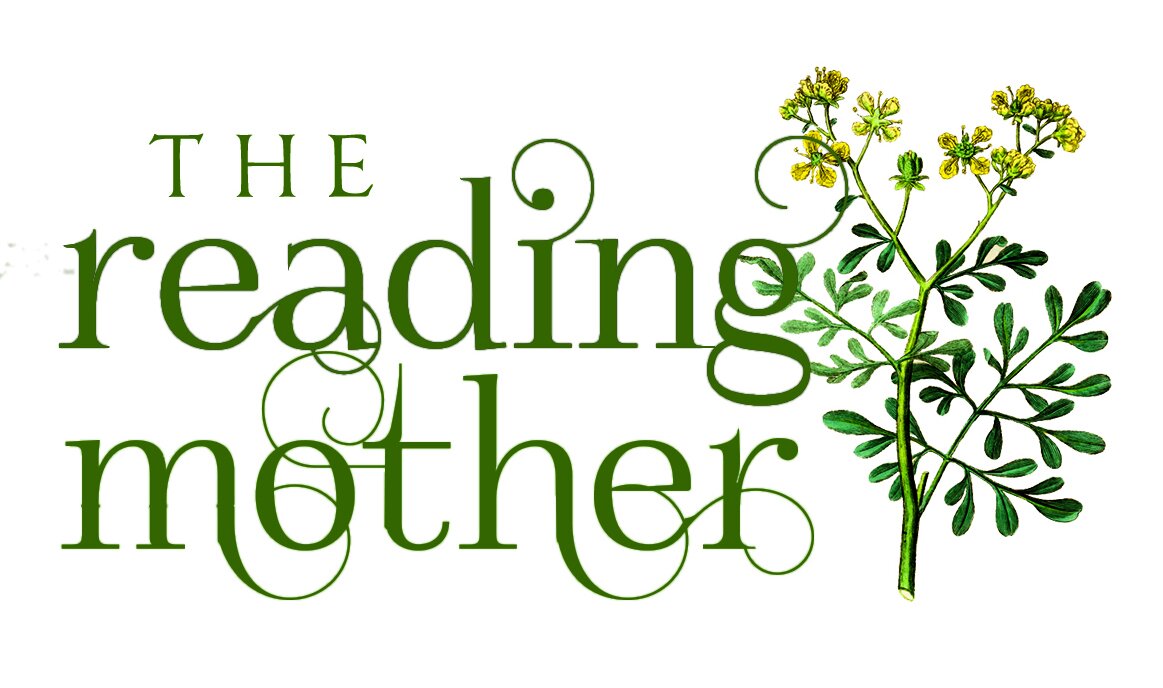Morning Time Primer I: Our Daily Feast
Many other bloggers, like Cindy Rollins and Pam Barnhill, have written about this practice. Here’s my AMEN! I can say without reservation that Morning Time was the number one practice for bringing scholé to our homeschool.
From the earliest days of our homeschool (22 years ago!), we spent at least an hour—and sometimes far more—each day reading aloud, thanks to the influence of folks like Susan Schaeffer-Macaulay and Sally Clarkson. My twins are five and a half years older than their next brother, so for a long time, our school day could just be structured around their needs. But when the younger crew (all about two years apart) started joining the fun, things started getting quite chaotic. Somehow, in my desperation, it occurred to me that the only way I could remain sane was to group the kids for as many things as I possibly could.
So was our Morning Time born. But we never really had an official name, and besides, it wasn't just in the morning. We usually just called it "reading time," because that was the main attraction for all of us. Now I wish I'd given it a name, but I guess it's never too late. What do you think about Our Daily Feast?
We spread an abundant and delicate feast in the programmes and each small guest assimilates what he can. ~ Charlotte Mason, Towards a Philosophy of Education
Each morning, we would meet together as a family, read the Bible, sing a hymn, and recite—Scripture, catechism, poetry, Latin chants, phonograms, spelling rules, timelines, and whatever else needed reciting. Then we would read aloud for as long as we possibly could. It truly was a daily feast of good, and true, and beautiful stories, thoughts, and ideas. The very youngest among us did not understand all we were doing, much as they did not understand all that happens each Lord's Day in worship, and yet they assimilated much. It came out in their patterns of speech and their patterns of play.
Very often, we had another shorter meeting in the afternoon with the same format, but different memory work and reading selections. Sometimes we included Picture Study and Composer Study, but those eventually moved to a once-a-week Nature-Art-Music-Shakespeare-Science "co-op" with our dearest family friends—but that is another post for another day.
Eventually, I discovered that other Charlotte Mason-ish folks were doing something similar - like Cindy Rollins, who had written several blog posts on the practice, full of warmth and wit. Cindy has a bunch of boys like I do, and her oldest are a few years older than mine. She used to post her plans for the month (or maybe term?). Sometimes we were even studying the same books or artists. This validation from a veteran was both inspiring and comforting.
Our morning and afternoon meetings were the high points of our day. The books we read during these times were our only "curriculum" for content subjects like history, science, literature, art and music appreciation, etc., before high school. Sooner or later, when my older high school students began to study some of those subjects on their own, they had to be excused from some parts of our time together—although they often found some premise for hanging around within earshot.I am quite convinced that Morning Time really was the daily feast that kept our home school flourishing. On those days when that big yellow bus was mighty tempting, the thought of missing out on our hours and hours of reading time together brought me around fairly quickly. We treasured that time, and I guarded it with my life. Even once I only had high-schoolers left at home, we prioritized a shorter time two or three days a week. Now, I'm down to one high school junior—it happens way more quickly than you can imagine! I intend to savor every moment of reading time we can manage for the next two years.
In one of the first Scholé Groups meetings last year, Chris Perrin asked, "How have you accomplished scholé in your homeschool?" Honestly, my first thought was all the ways we've failed to do that. But a few of my kids (22, 19, 17, 15 at the time) had started straying into my room towards the end of the webinar. I gave them a brief recap of the content, and then asked them what they thought were the ways we accomplished scholé. They all immediately said, "Reading Time (translated: Morning Time, Our Daily Feast)!"
In upcoming posts, I will share a few more principles and practices for Morning Time (or Afternoon Time, or Our Daily Feast, or whatever you decide call it!)

